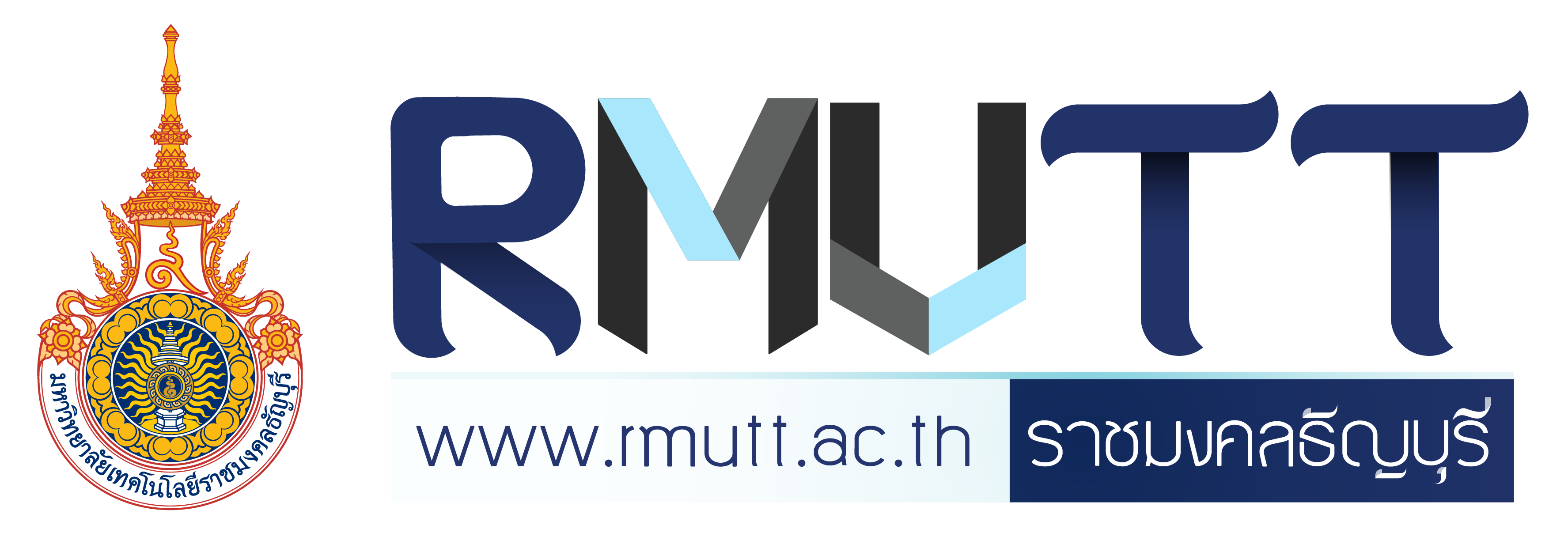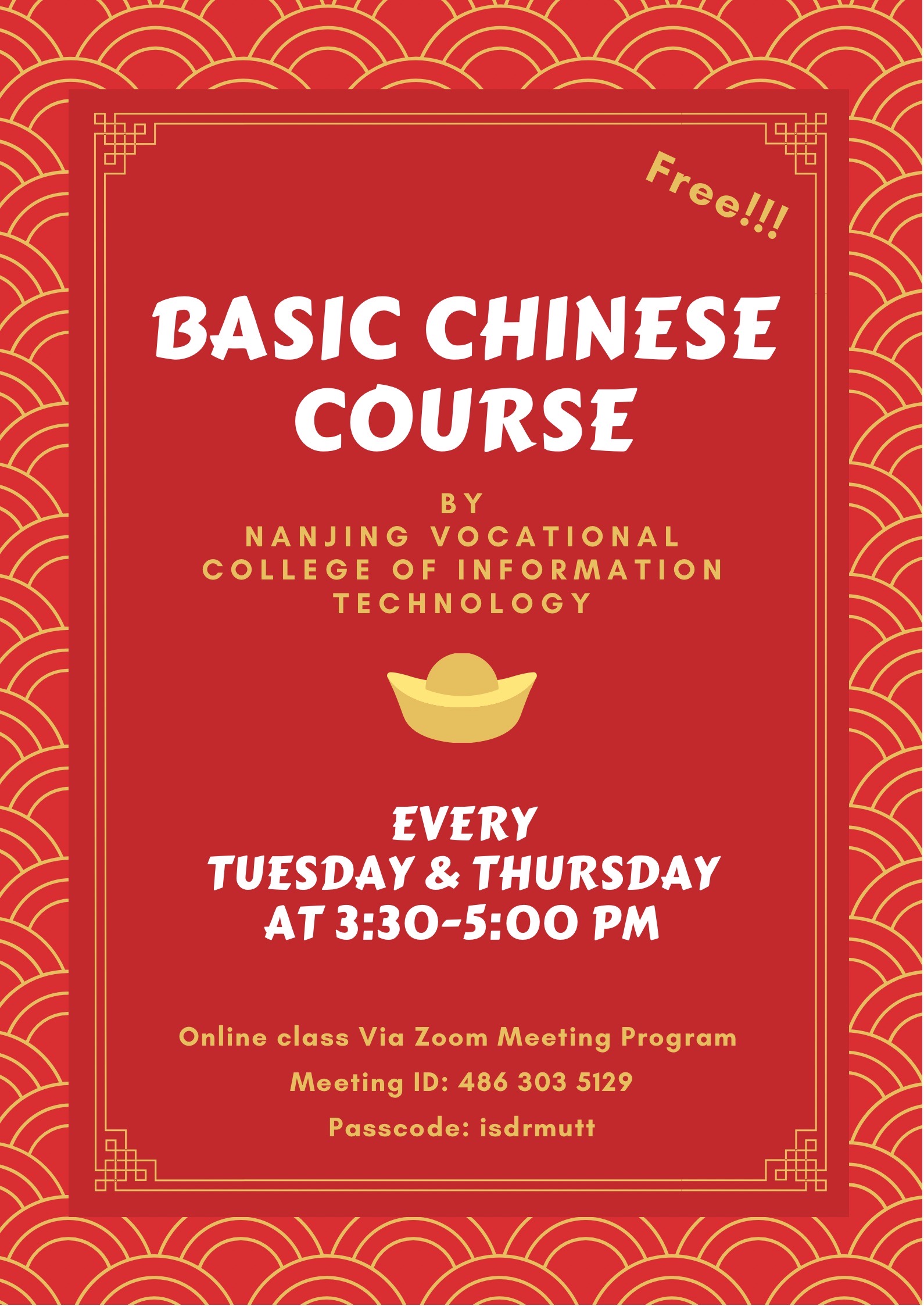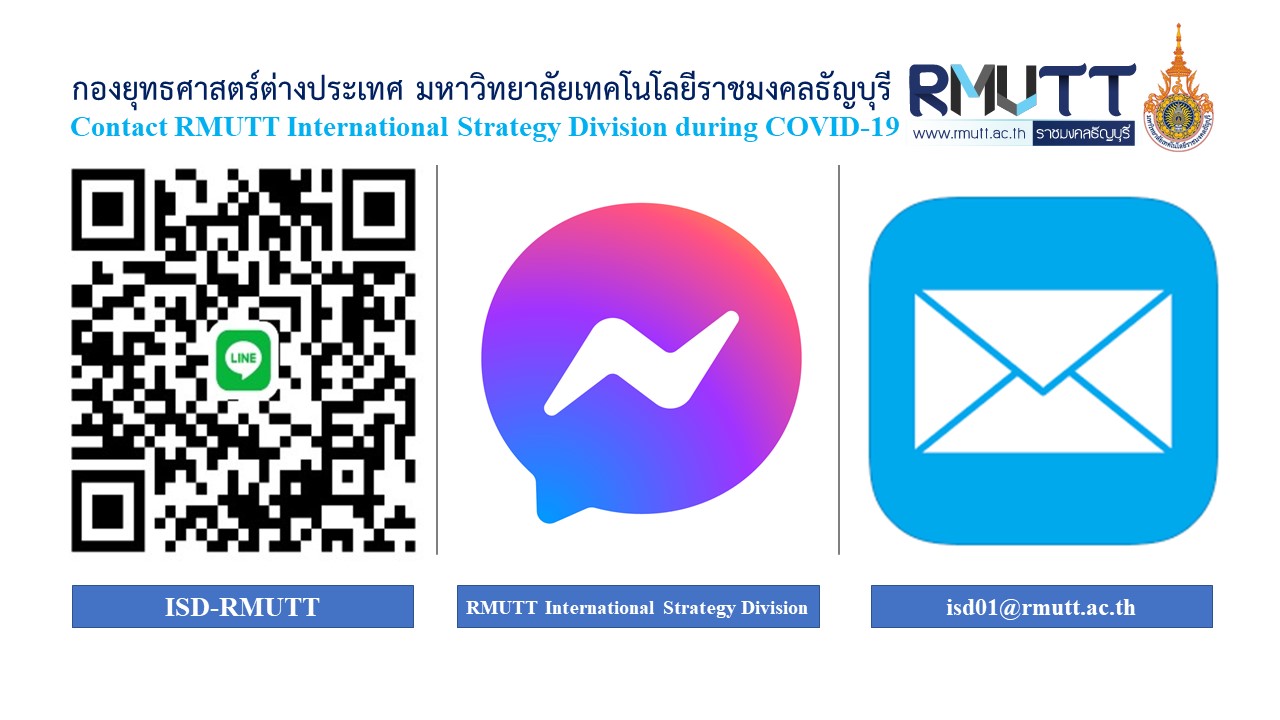From English as a Foreign Language to English as a Familiar Language
By: Sionna Rose C. Avellaneda
According to the Tourism Authority of Thailand, English can be considered as the unofficial second language as it has been used whenever tourists and business visitors from around the world travel to Thailand. English has become a common linguistic “currency” because of this and places that host many foreigners, like Bangkok, have many people who have a better understanding of the English language.
With this, a welcome opportunity came to the RMUTT staff last May 6 to 8, 2015 when selected participants were able to develop their workplace communication skills in English. Resource persons from De La Salle University – Dasmariñas, Philippines, namely Dr. Merlyn V. Lee and Ms. Venus Ma. Hilaria G. Pablo, came to the university to facilitate trainings which included topics on using polite expressions in meeting and introducing people, making requests, asking and giving information, and making telephone calls. The three-day seminar also included role plays and ice breakers to practice the grammar and vocabulary of the participants.
When asked about the preparations for the seminar, Dr. Lee stated that they asked for a profile of their participants – their language proficiency, interests and language needs. This was to ensure that the participants will be provided with the training that they need. Ms. Pablo, on the other hand, brought focus to the ice breakers in between the lectures. “These ice breakers will not only serve as games for them to enjoy but inside those ice breakers they were already having mental calisthenics – boggling their minds and express themselves,” she said on coming up with ice breakers. Dr. Lee would email Ms. Pablo about the lessons and she would then prepare a 1 to 20 item test about the lessons for 3 hours since she has to put the sentences in the participants’ context.
Considerations were made by the lecturers in training the participants as they were teaching in a country with a different culture than the Philippines. Some of these considerations included being sensitive to things and practices they revere and value and making adjustments in the choice of words since the participants vary in their level of language proficiency.
The differences of English proficiency among the participants were the main difficulties that were encountered in the training. There were participants who have a more advanced understanding of the English language and there were some who were not. There were participants who are more adept in writing in English but experience setbacks when it comes to speaking. That is why the lecture became more of a personalized approach for every participant.
Even so, the lecturers commended the enthusiasm shown by the participants during the course of the training. They said the participants were very appreciative of the activities. Ms. Pablo shared, “They were really ready to attend the seminar – with all the paraphernalia like pens and paper. Their mindset was to attend with active participation. It’s not just for the sake of the certificate.”
This goes to show that the road of learning English has become shorter for the RMUTT staff. Keeping up the motivation and enthusiasm to studying the language, English will surely be from a foreign language to a familiar language.


